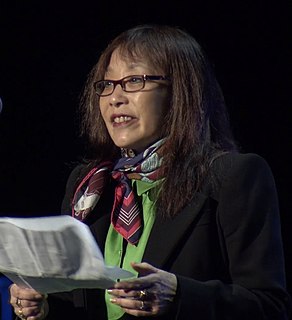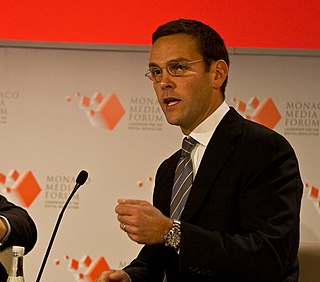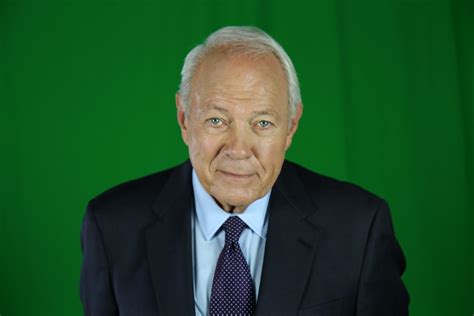A Quote by Michiko Kakutani
It's important that communities support local, independent journalism, which many people rely upon for information relevant to their daily lives.
Related Quotes
Previous generations used to eat locally out of necessity. Without options like flash-freezing and worldwide export services, communities had to rely on local farms for all of their meals. In many ways, this was beneficial. People ate fresh, seasonal foods that were naturally flavorful and nutritious, and farmers and communities prospered.
All at once, funding was gone due to the Mansfield Amendment, which was a reaction to the Vietnam War. In the minds of the local RLE administrators, research in gravitation and cosmology was not in the military's interest, and support was given to solid-state physics, which was deemed more relevant.
Our mission is to help people discover and support great journalism. But something like Blendle, asking micropayments for journalism, hasn't been done before on this scale and with our broad support from media companies. So we want to do it well and listen very carefully to the feedback of our users first. That feedback from the early community is very important to us.
I'd say the most important criteria is vision. What is your vision for the party? Do you have a vision to strengthen the grassroots and help them turn out people in their local communities? That's the real thing. The real question is not about one person. It's not about an individual. It's about millions of people working all over this country to reach out in their local communities. And the DNC chair has to help them do that and have a vision for that and have the energy for that.




































